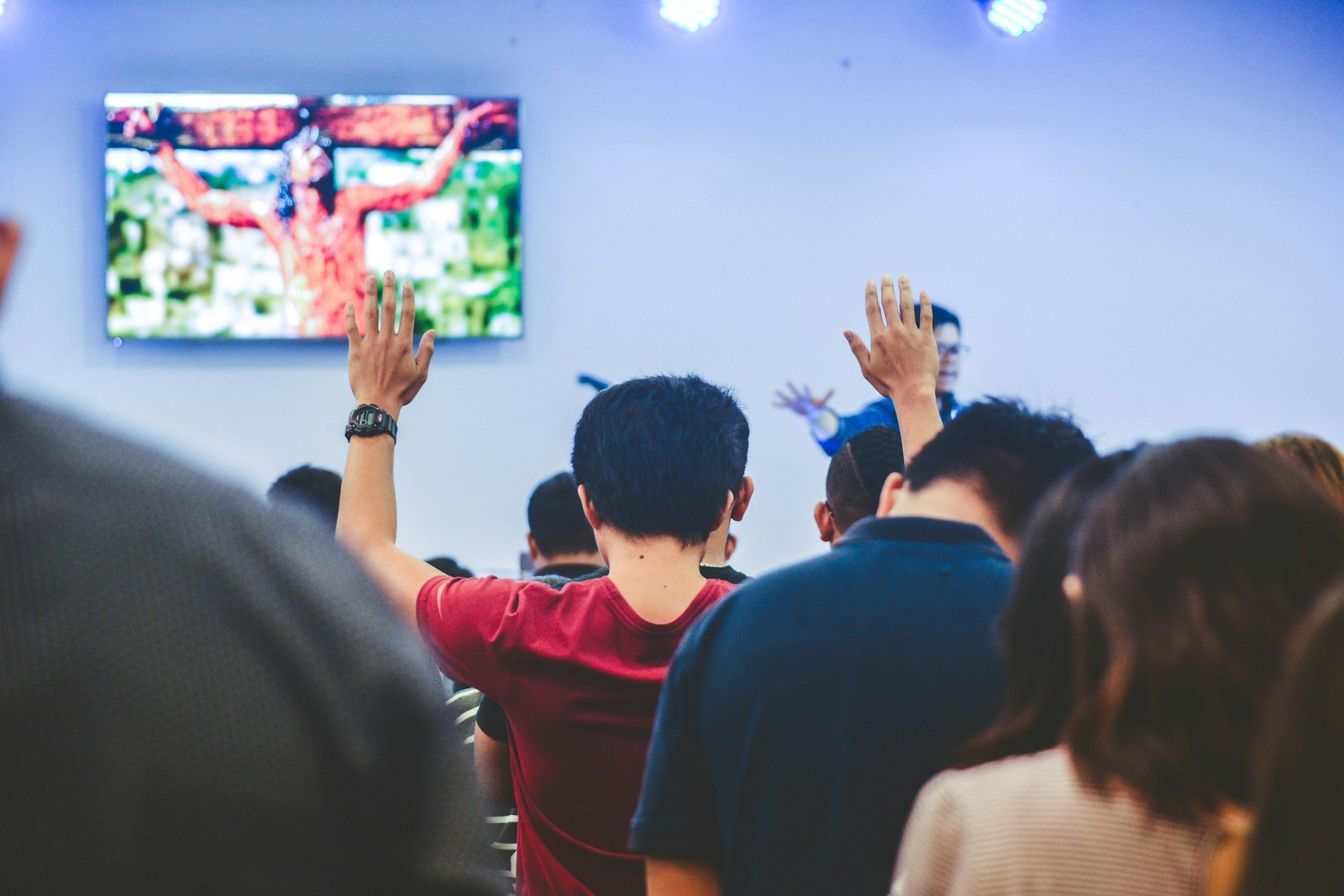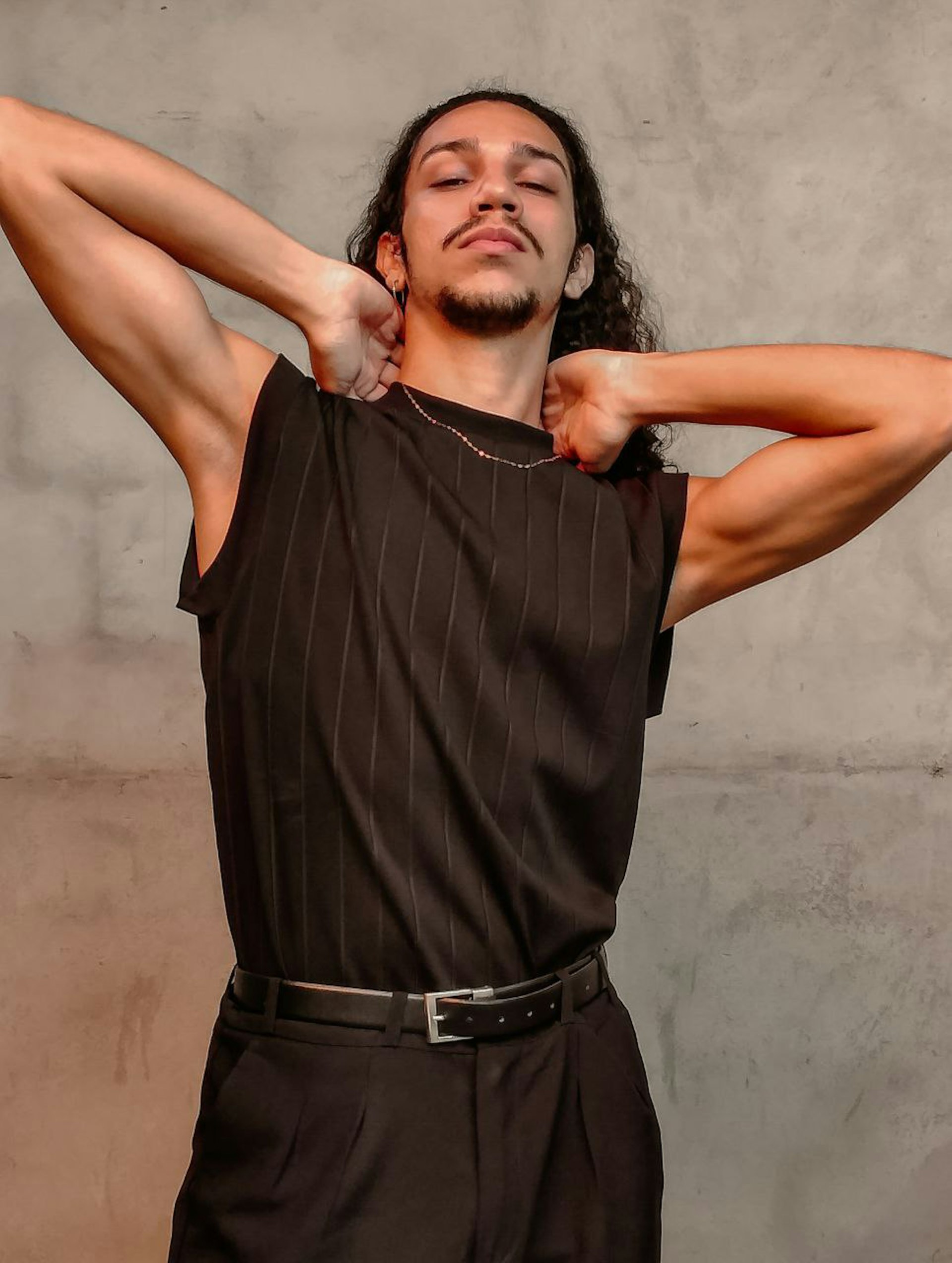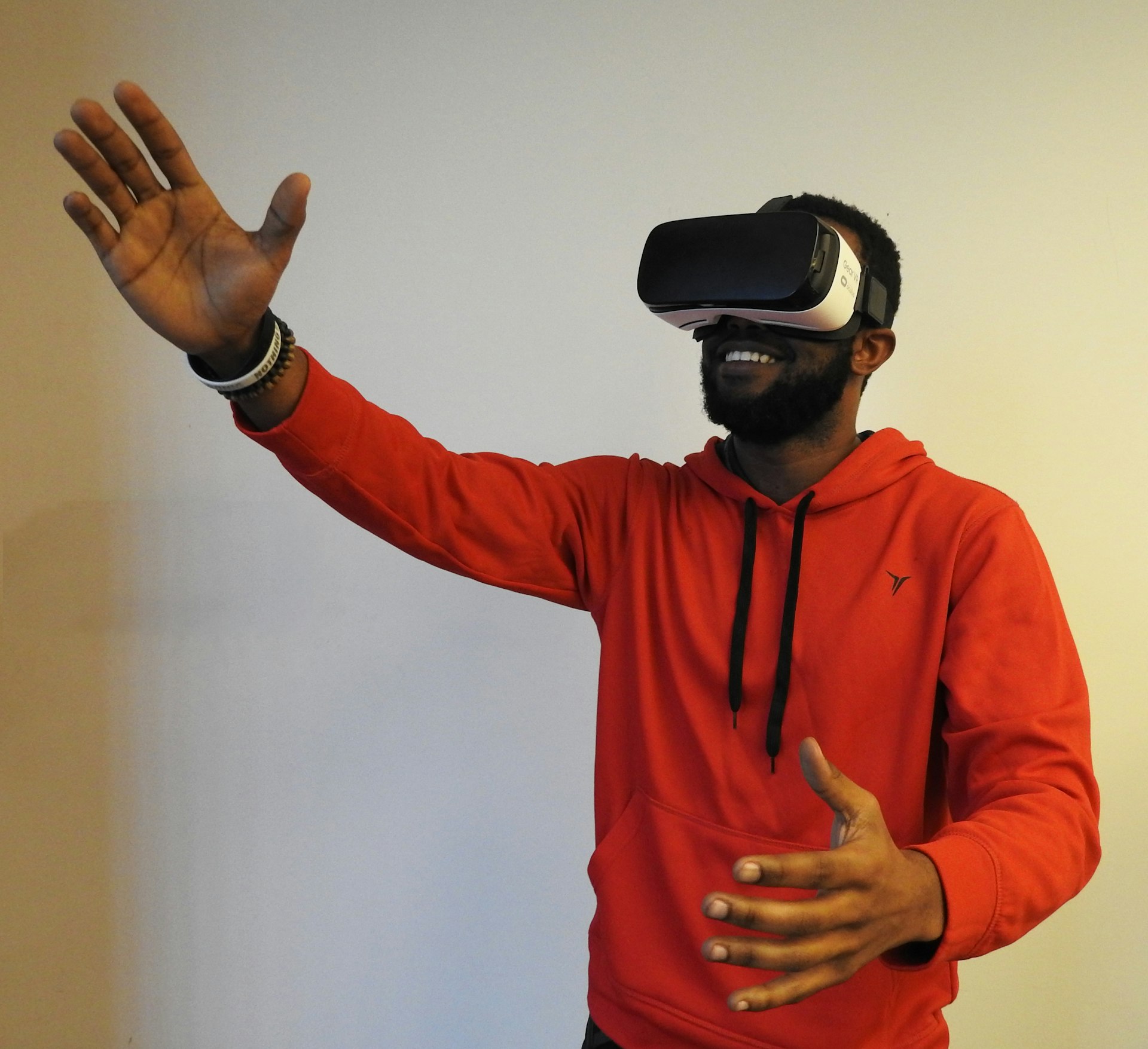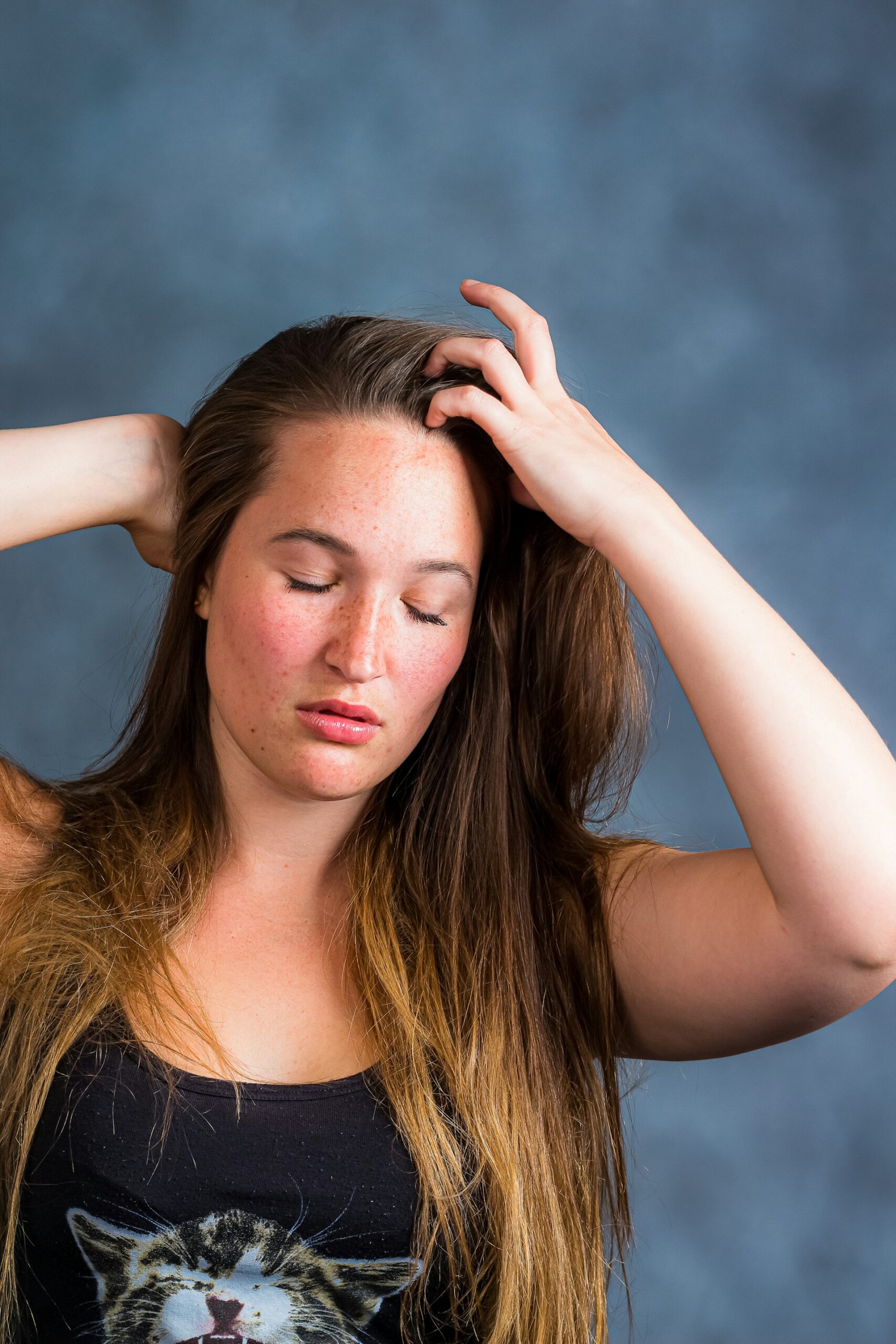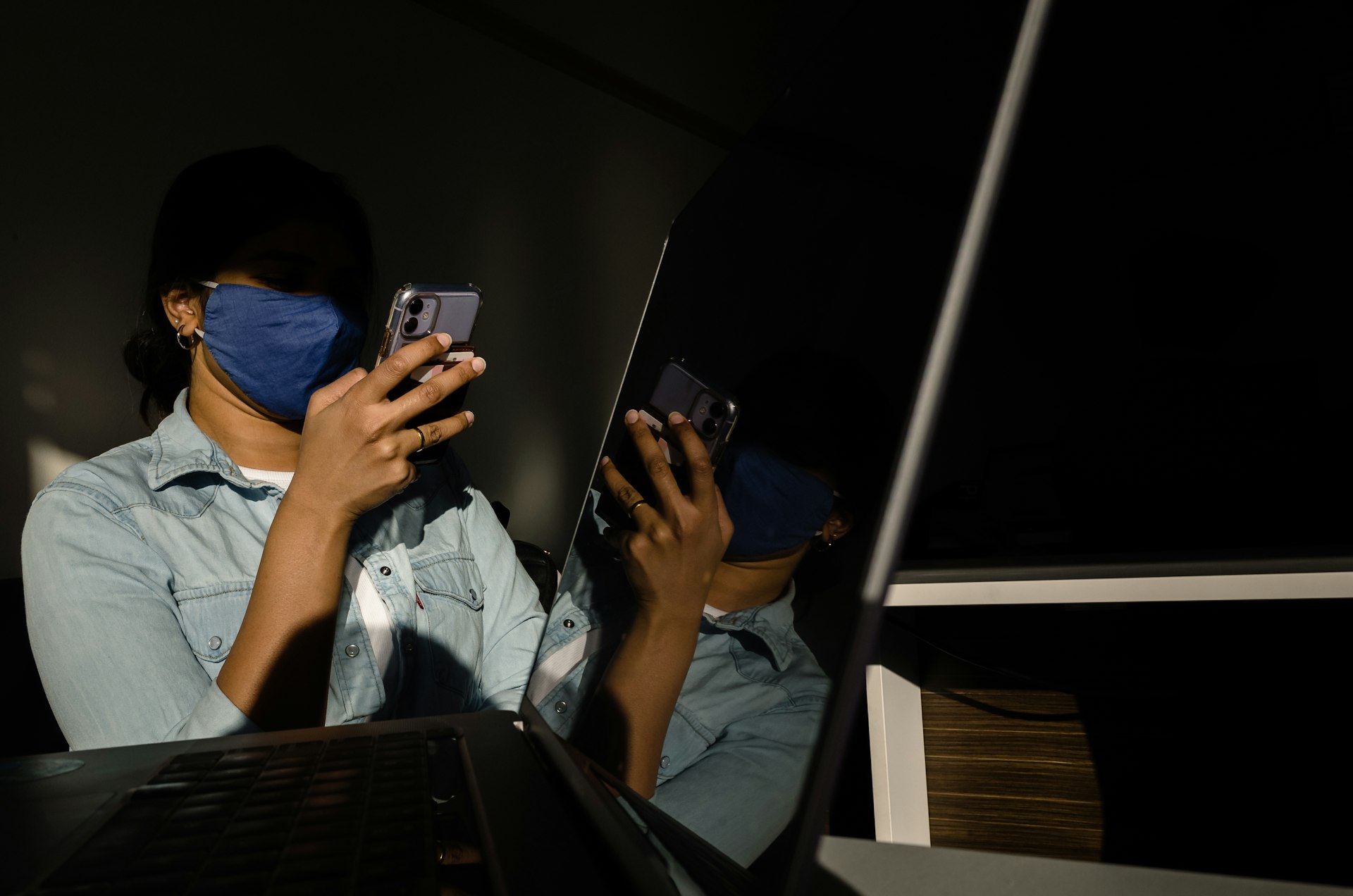How Influencer Collaborations Are Transforming the Entertainment Industry

Photo by Sam Tsonis on Unsplash
Introduction: The Rise of Influencer Collaborations in Entertainment
In recent years, the entertainment industry has undergone a significant transformation, driven in part by the explosive growth of social media influencers. These creators, with their loyal audiences and authentic engagement, have become pivotal partners for film studios, music labels, streaming platforms, and brands seeking to connect with younger, digitally native audiences. By collaborating with influencers, entertainment organizations can amplify promotional campaigns, launch viral trends, and foster deeper audience interaction. This article explores the strategies, real-world examples, and actionable steps for successful influencer collaborations in entertainment.
Why Influencer Collaborations Matter in Entertainment
Influencer partnerships allow entertainment brands to cut through a crowded media landscape by delivering content in a relatable, organic form. Unlike traditional advertising, influencer collaborations often feel more authentic to audiences, leading to higher trust and engagement. According to industry research, influencer marketing campaigns can generate up to 11 times higher ROI compared to conventional forms of digital marketing [1] . This effectiveness is amplified in entertainment, where word-of-mouth and buzz are crucial for box office success, streaming numbers, or album sales.
Real-World Examples of Successful Collaborations
Several high-profile campaigns illustrate the power of influencer collaborations in entertainment:
1. Movie Marketing with Social Influencers: When the Bollywood film featuring Vicky Kaushal and Sara Ali Khan launched its soundtrack “Tere Waste Falak Se Main Chand Launga,” the producers collaborated with popular dance influencers. These creators shared dance routines set to the film’s music, sparking a viral trend that significantly boosted the movie’s visibility and audience engagement [1] .
2. Celebrity Crossovers: Actor Ryan Reynolds partnered with YouTube personalities to promote “Deadpool,” using humor and platform-native content to reach new audience segments. This balanced approach maintained the influencer’s authenticity while leveraging Reynolds’ star power [1] .
3. Brand and Entertainment Synergy: Baskin Robbins capitalized on Netflix’s “Stranger Things” by transforming select stores into Scoops Ahoy ice cream parlors featured in the show. This collaboration generated over five billion media impressions and boosted sales at participating locations by 150% [3] .

Photo by Brian Suman on Unsplash
4. Music and Brand Integration: McDonald’s collaborated with music icon Travis Scott to launch a signature meal, leveraging his massive online following. The campaign achieved 426 million impressions in one month, demonstrating the immense reach of influencer partnerships [2] .
5. Experiential Campaigns: Crumbl Cookies teamed up with the Jonas Brothers for a behind-the-scenes tour and cookie-making session, resulting in viral social content and increased brand engagement [4] .
How to Launch Effective Influencer Collaborations in Entertainment
To maximize the impact of influencer collaborations, entertainment brands should follow a structured approach:
Step 1: Define Your Goals and Audience
Start by clarifying the objectives of your campaign-such as raising awareness for a film release, driving music streams, or boosting ticket sales. Identify the target audience’s demographics, interests, and preferred platforms. For instance, Gen Z audiences may be most active on TikTok or Instagram, while millennials might favor YouTube or Twitter. This step ensures your influencer selection aligns with campaign goals and audience preferences.
Step 2: Identify and Vet Relevant Influencers
Research potential influencers whose content, tone, and audience match your brand’s identity. Use established influencer platforms or agencies to verify follower authenticity, engagement rates, and past collaboration success. For the entertainment industry, it’s crucial to select partners who genuinely resonate with your content-such as music influencers for album launches or film critics for movie promotions. Many organizations use influencer marketing software or consult industry directories to streamline this process. If you are starting from scratch, you can search for “influencer marketing agencies for entertainment” or check reputable marketing publications for agency lists.
Step 3: Develop a Collaborative Campaign Concept
Work collaboratively with selected influencers to craft campaign ideas that feel organic and engaging. For example, encourage influencers to create behind-the-scenes content, reaction videos, or themed challenges that invite audience participation. Balanced partnerships-where both the brand and influencer have creative input-tend to achieve the most authentic results [1] .
Step 4: Establish Clear Guidelines and Metrics
Set expectations regarding deliverables, timelines, content formats, and disclosure of sponsored content in accordance with FTC guidelines. Define key performance indicators (KPIs) such as reach, engagement, conversions, and earned media value. Monitor campaign progress using social analytics tools and adjust strategies based on real-time feedback. For further guidance, you may consult digital marketing associations or industry best practice guides.
Step 5: Activate and Amplify the Campaign
Launch the campaign across multiple platforms, leveraging both the influencer’s and the brand’s channels. Consider paid amplification, hashtag challenges, or interactive livestreams to extend the campaign’s reach. Engage with the audience by responding to comments, sharing user-generated content, and maintaining momentum after the initial launch.
Challenges and Solutions in Influencer Collaborations
While influencer partnerships offer tremendous potential, they also present challenges:
Authenticity vs. Control: Brands may struggle to balance influencer creativity with brand messaging. Solution: Maintain open dialogue and clear guidelines, but trust influencers to speak in their own voice.
Measurement and ROI: Accurately tracking the impact of collaborations can be complex. Solution: Use tracking links, promo codes, and analytics dashboards to attribute results and gather actionable insights.
Compliance and Disclosure: All sponsored content must comply with FTC and platform guidelines regarding paid partnerships. Solution: Provide influencers with clear disclosure instructions and monitor for compliance. For official FTC resources on influencer marketing, visit the Federal Trade Commission’s website and search for “influencer endorsement guidelines.”
Brand-Inappropriate Partnerships: Selecting influencers whose values or content do not align with the brand can backfire. Solution: Conduct thorough background checks and review previous collaborations before finalizing agreements.
Alternative Approaches and Additional Pathways
If direct influencer partnerships are not feasible, entertainment brands can explore alternative methods such as:
– Engaging micro-influencers for niche campaigns with smaller, highly-engaged audiences.
– Hosting open casting calls for user-generated content, encouraging fans to participate in creative challenges.
– Collaborating with fan communities, online forums, or digital creators who specialize in film, music, or streaming reviews.
Accessing Influencer Collaboration Opportunities
Entertainment professionals and marketers seeking to establish influencer collaborations can:
– Contact reputable influencer marketing agencies specializing in entertainment. Search for “top influencer marketing agencies for entertainment industry” and review client testimonials and case studies.
– Reach out directly to influencers via their official social media channels or business inquiry emails, typically listed in their bios.
– Attend industry networking events, panels, or digital marketing conferences to connect with potential collaborators.
– Consult established trade publications or organizations such as the Association of National Advertisers for industry guidance and best practices.
Key Takeaways
Influencer collaborations are now integral to entertainment marketing, driving audience engagement, brand visibility, and measurable ROI. By applying a strategic, creative, and ethical approach, entertainment brands can forge partnerships that resonate with modern audiences and achieve lasting impact. Whether through viral dance trends, experiential campaigns, or cross-industry brand partnerships, the possibilities for innovation and growth are vast for those ready to embrace this dynamic landscape.
References
- [1] Grynow (2024). Influencer Marketing in the Entertainment Industry: Strategies and Examples.
- [2] Billo (2025). 28 Influencer Marketing Examples That Rock.
- [3] The CMO (2025). 30 Brand Collaboration Examples that Went Viral.
- [4] SocialInsider (2025). 10 Influencer Marketing Campaigns That Won People Over.
- [5] inBeat Agency (2025). 10 Influencer Marketing Examples Done Right.
MORE FROM cheerdeal.com


